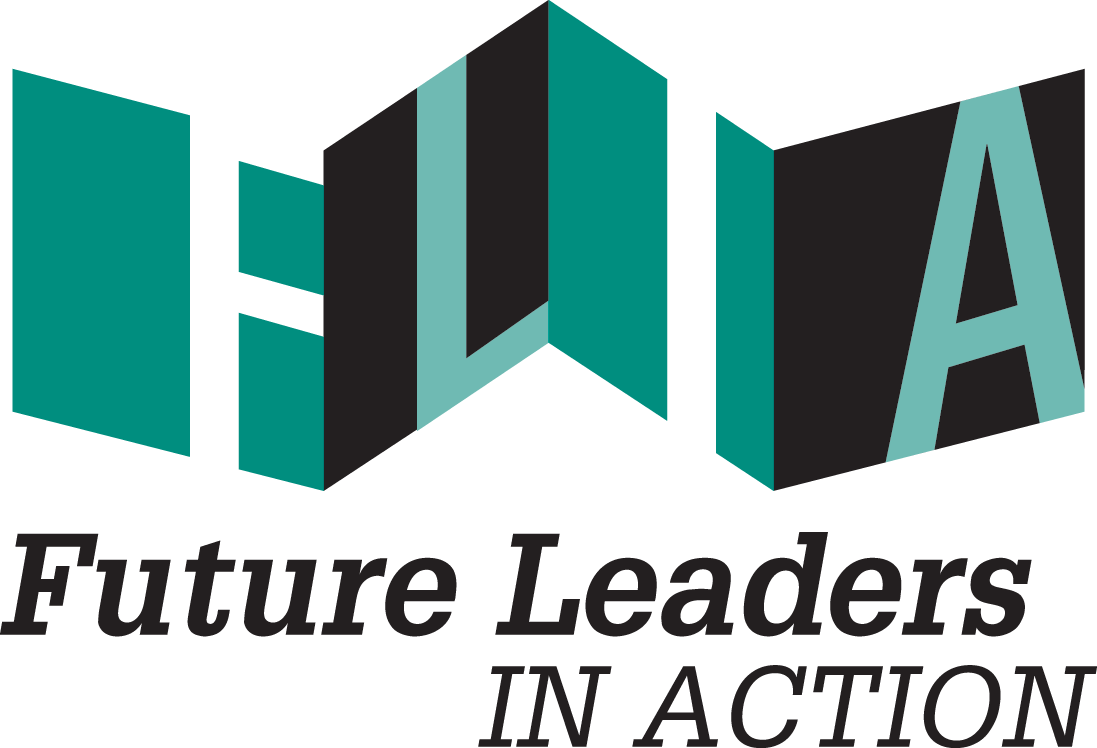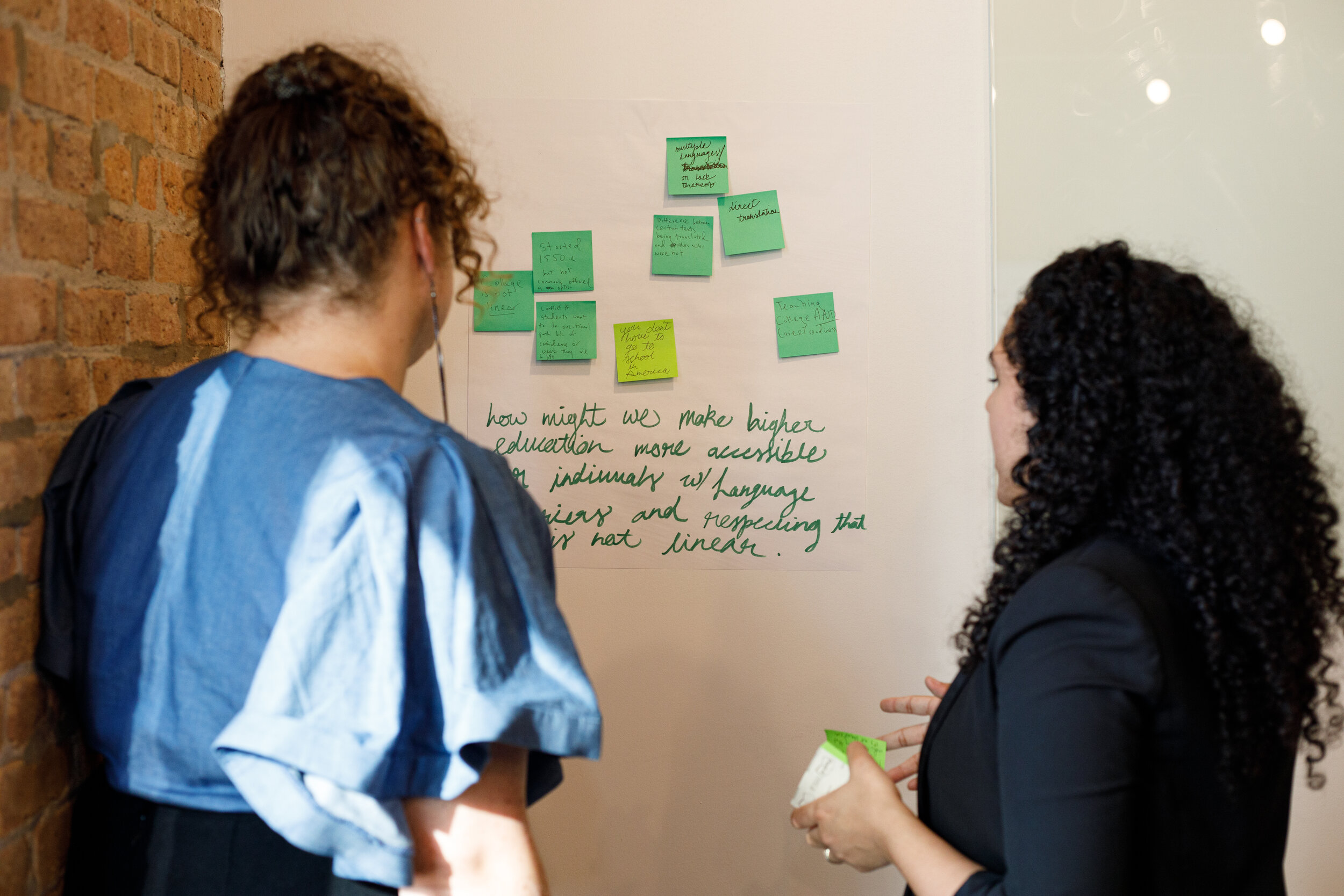Our communities have long held the proverbial American Dream in their hearts past deserts, oceans, “broken” English, and body fronteras: college is the holy grail. Like a child finding a Santa Claus suit in their parents’ closet the night before Christmas, many of us have been rudely awakened to a reality that is far from the glamour of the romanticized story promising instant upward mobility for the entire family. From struggling to peel ourselves out of bed each morning, being the only “one” in your lecture hall (and the “first” in your family), to debt with no end in sight -- these institutions are designed to exclude us. For college access staff working with marginalized adolescents, this can often times feel like a catch-22. Are we right to advocate for 100% admittance?
Having agency over one’s life choices is more than just an asterisk at the bottom of the last page of a college advising handbook.
In serving low-income, first-generation, and participants of color, well-intentioned college advisors can find themselves making desperate attempts into getting as many of their students into college as possible. We enter communities we have no background in, promise kids instant access into college, and fiercely support them all throughout the college admissions process. Oftentimes, we succeed at getting them into college: “(insert statistically significant value) above the national average”. Confident, we leave our young adults be. Only a year, or even a semester later, we find those same students returning to us petrified. Some are in academic probation while a few are contemplating their first leave of absence.
Being in the position that I am in now, as a college access fellow for Future Leaders in Action at the Fiver Children’s Foundation, I find myself navigating two very fine lines. One: I was both that student, and now in that advisor role. Two: I’m reconciling being critical (in not wanting to impose a one-size-fits-all path on the participants), while deeply holding onto the golden dream of wanting them all to have access to the ivory tower. Ultimately, 100% college acceptance does not necessarily translate to 100% retention. My friends and I -- like the Fiver participants -- would know.
In encountering imposter syndrome, internalizing stereotype threat, and having critical resources be poorly funded -- just because a participant has been admitted, does not mean they are accepted. Advising through the college admissions process, therefore, requires nuance. We should be normalizing choice for our participants via teaching about accessing community colleges as a financially savvy way of later going into 4-year schools, educating on options outside of colleges, and presenting peer models in their communities that have taken a number of paths throughout their journeys. These should not be supplementary. Marginalized participants should not be internalizing that if the ivory tower isn’t infiltrated by their presence, they have somehow shattered their family’s dream. A system that is designed to be that consequential, spewing around ultimatums at having a fulfilling life, is inherently flawed -- not the participant.
Having agency over one’s life choices is more than just an asterisk at the bottom of the last page of a college advising handbook. This begs my question: in balancing affirming a mix of educating -- and thus validating and normalizing -- towards non-linear paths for participants, while not having this counsel be misconstrued as doubt, how do we navigate these dialogues? I desire nothing more than for the eradication of systemic barriers preventing marginalized participants from having access to these spaces -- in the first place -- while also supporting them in developing a sense of belonging once they do find themselves within ivory towers. Similarly, feelings of being a fraud aren’t exclusive to academia: the higher up we climb within our careers, the less of us we see at the boardroom; hence, the more we convince ourselves that our presence must have been an accident. Participants come from communities of resistance; regardless of their excellence, we cannot mend systemic ills through their individual successes. An entire world is too large for a child to bare on their backs. Truth hurts: they all deserve access, matriculation, retention, and graduation from these spaces -- and they especially deserve to have choices and non-linear paths. Because colleges and careers are not designed to permit such a radical presence of, or choice for, Black and Brown students -- we must foster our own spaces.



